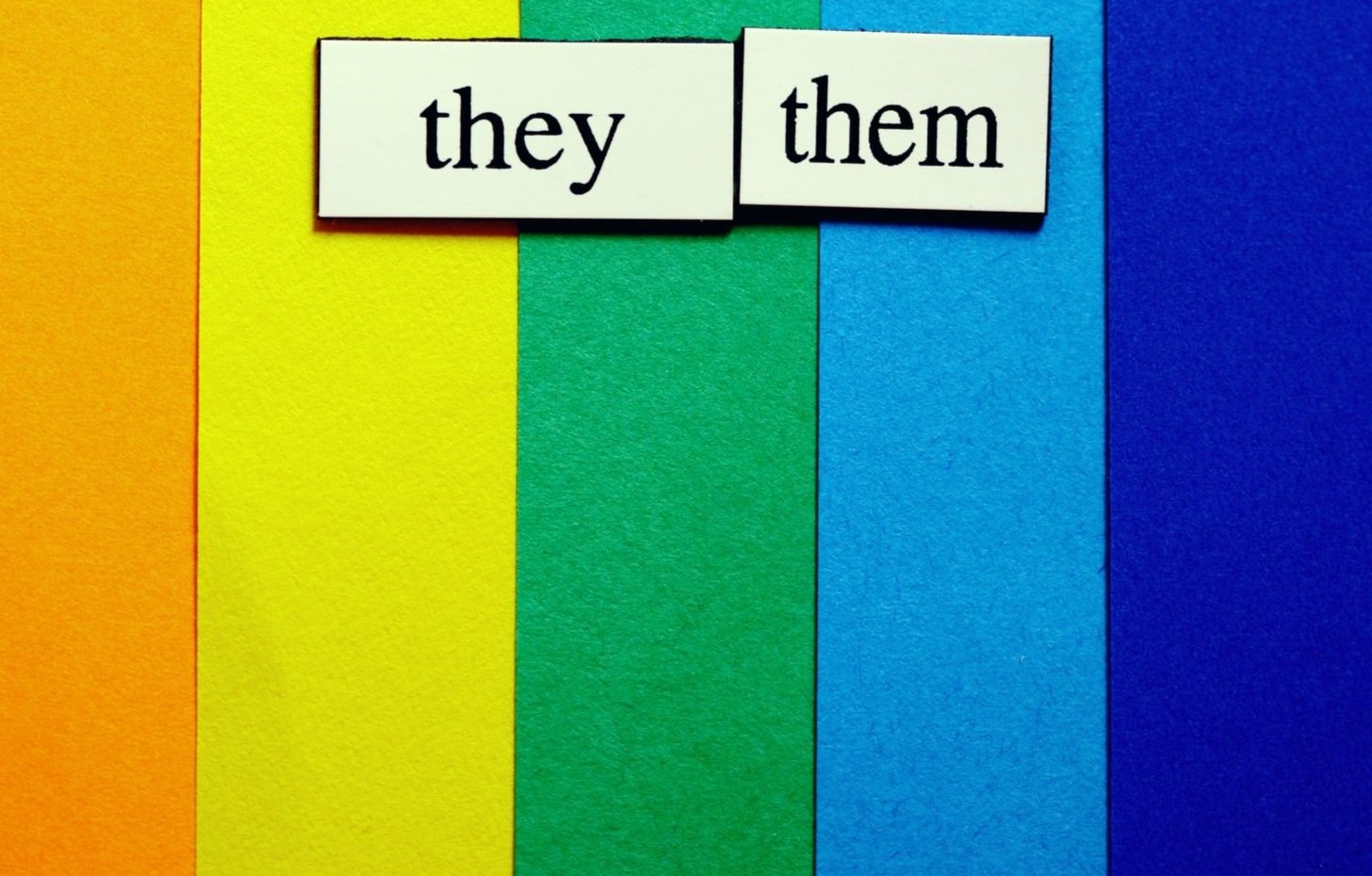Using someone’s correct pronouns* is a sign of basic respect. Therefore, it is vital to make every effort to use pronouns correctly. It can be tricky to acclimate when someone you care about changes what pronouns they use. It’s important to note that no one expects perfection so if you do use the incorrect pronoun, that’s okay as long as you’re making the effort to be respectful. When a loved one does share a pronoun change, refer to the following tips to help you navigate the conversation and be as supportive as possible.
1. Thank them for sharing their full self with you. It's not always easy to be vulnerable and share your full self, even with loved ones. Let them know you still love them unconditionally. Remember, your initial reaction may influence their desire to share vulnerable information with you in the future. As for how to best support them aside from using their new pronouns, ask! Every person will need something different but the most important thing you can do is make the effort to use their new pronouns.
2. Practice their pronouns! The more you practice, the easier it'll become to use them naturally. You should practice their pronouns in both speaking and writing. For speaking, you can either speak aloud to yourself or meet up with someone else. For writing, you could try writing a story about the person with new pronouns. If you practice with these methods and still struggle to switch over, reflect on why it feels difficult. A common obstacle is trying to reconceptualize the person in context with their new pronouns when you’ve thought of them in an entirely different way previously. If this is the case, you might have some more reading to do in order to unlearn this binary framework.
3. When you mess up, apologize quickly, correct yourself, and continue the conversation. Don't drag on your apology or make excuses. Making it a big deal is uncomfortable for everyone involved. The above steps let them know you are trying!
It can be scary to make a change like this because of course you don’t want to mess up and hurt your loved one. Try to give yourself some grace in this regard; it is hard to make a change to something that you may not already spend conscious effort considering. The only way to make this change is with practice. When you consider how much practice you’ve had referring to this person with their previous pronouns, it makes sense that it takes lots of practice to undo it! Be patient with yourself, and soon it will become second nature.
If you want to learn more about pronouns and proper usage, here are some great resources:
Gender-Neutral Pronouns 101: Everything You've Always Wanted to Know
How To Use Neopronouns, According To Experts & People Who Use Them
Tips on training yourself to change pronouns for someone you care about
Pronouns 102: how to stop messing up pronouns | by Kirby Conrod
*The term “correct pronouns” is used instead of “preferred pronouns” because someone’s stated pronouns are not a preference, they are a requirement.

























